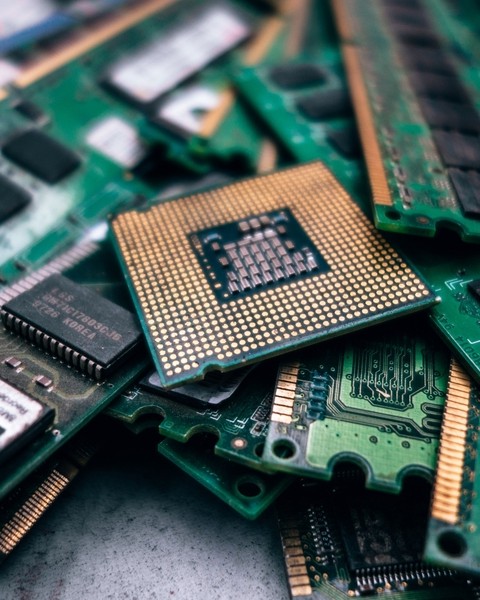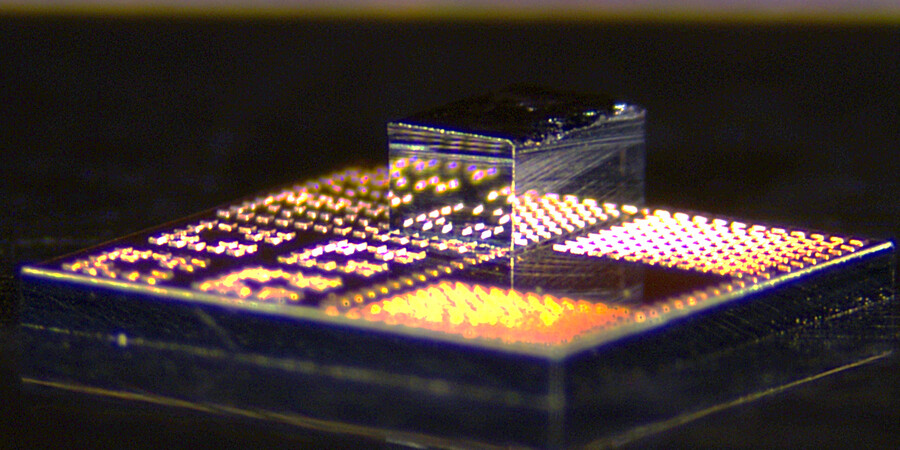Rachel Gordon | MIT CSAIL
July 11, 2022
Moore’s Law needs a hug. The days of stuffing transistors on little silicon computer chips are numbered, and their life rafts — hardware accelerators — come with a price.
When programming an accelerator — a process where applications offload certain tasks to system hardware especially to accelerate that task — you have to build a whole new software support. Hardware accelerators can run certain tasks orders of magnitude faster than CPUs, but they cannot be used out of the box. Software needs to efficiently use accelerators’ instructions to make it compatible with the entire application system. This translates to a lot of engineering work that then would have to be maintained for a new chip that you’re compiling code to, with any programming language.
Now, scientists from MIT’s Computer Science and Artificial Intelligence Laboratory (CSAIL) created a new programming language called “Exo” for writing high-performance code on hardware accelerators.
Complete article from MIT News.
Explore
New 3D Chips could Make Electronics Faster and more Energy-Efficient
Adam Zewe | MIT News
The low-cost, scalable technology can seamlessly integrate high-speed gallium nitride transistors onto a standard silicon chip.
Anantha Chandrakasan Named MIT Provost
Kathy Wren | MIT News
A faculty member since 1994, Chandrakasan has also served as dean of engineering and MIT’s inaugural chief innovation and strategy officer, among other roles.
Photonic Processor could Streamline 6G Wireless Signal Processing
Adam Zewe | MIT News
By performing deep learning at the speed of light, this chip could give edge devices new capabilities for real-time data analysis.




